T4K3.news
Russia withdraws from missile treaty
Moscow announces it will no longer adhere to the INF Treaty amid rising US-Russia tensions.
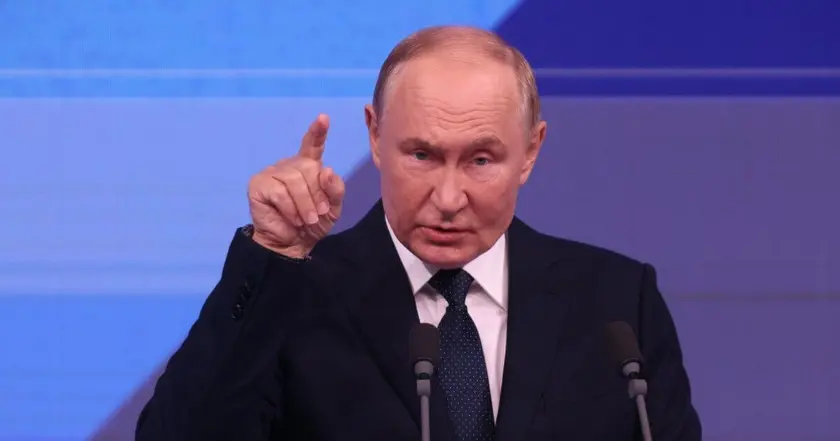
The Kremlin ends its commitment to a key arms control treaty amidst worsening relations with the West.
Russia withdraws from missile agreement amid rising tensions
Moscow has announced that it no longer considers itself bound by the Intermediate-Range Nuclear Forces (INF) Treaty, a historic agreement established between the US and the USSR in 1987. This treaty prohibited the deployment of land-based missiles with ranges between 500 to 5,500 kilometers. The Kremlin's declaration follows U.S. actions under former President Trump's administration, which included announcing a withdrawal from the treaty in 2019, citing security concerns. The Russian government accuses the U.S. of planning to deploy similar missiles in Europe, prompting this significant shift in policy. The implications could be far-reaching, as Russia's short and medium-range missiles could threaten NATO nations, particularly the UK and other allies in close proximity to Russia. Statements from Russian officials indicate a growing readiness to respond militarily to perceived provocations, raising the stakes in an already tense geopolitical landscape.
Key Takeaways
"Moscow does not consider itself bound by relevant self-restrictions approved earlier."
This quote from the Russian Foreign Ministry illustrates the definitive end of Russian compliance with the treaty.
"The existence of Russia’s moratorium is coming to its logical end."
Sergey Ryabkov's statement reflects the Kremlin's rationale for its withdrawal from the INF Treaty.
"Any conditions for preserving a unilateral moratorium no longer exist."
This quote emphasizes Russia’s rationale behind abandoning the treaty, attributing it to U.S. actions.
"Russia reserves the right to deploy missiles in case of NATO provocations."
Dmitry Peskov warns about potential military responses to NATO activities, reflecting the tense atmosphere.
This decision marks a worrying escalation in military rhetoric and capabilities between Russia and NATO. As the INF Treaty was a cornerstone of arms control, the unraveling of such agreements signals a shift toward a more militarized stance. The increasing distance between Moscow and Washington, compounded by mutual accusations of aggression, reflects a broader trend of destabilization in international relations. With the current trajectory, there is a risk of miscalculation that could lead to conflict, as both sides seem more willing to leverage military posturing in their diplomatic strategies.
Highlights
- Russia no longer respects the INF Treaty and will respond
- NATO must prepare for a new era of missile threats from Russia
- The stakes are rising as military posturing escalates
- Trust has eroded in East-West relations amid accusations
Geopolitical risks escalate with treaty collapse
Russia's departure from the INF Treaty increases tensions with NATO, raising the risk of military conflict and destabilizing Europe. The situation requires careful monitoring to prevent miscalculations.
As the situation develops, the international community watches closely, hoping for restraint amid rising tensions.
Enjoyed this? Let your friends know!
Related News
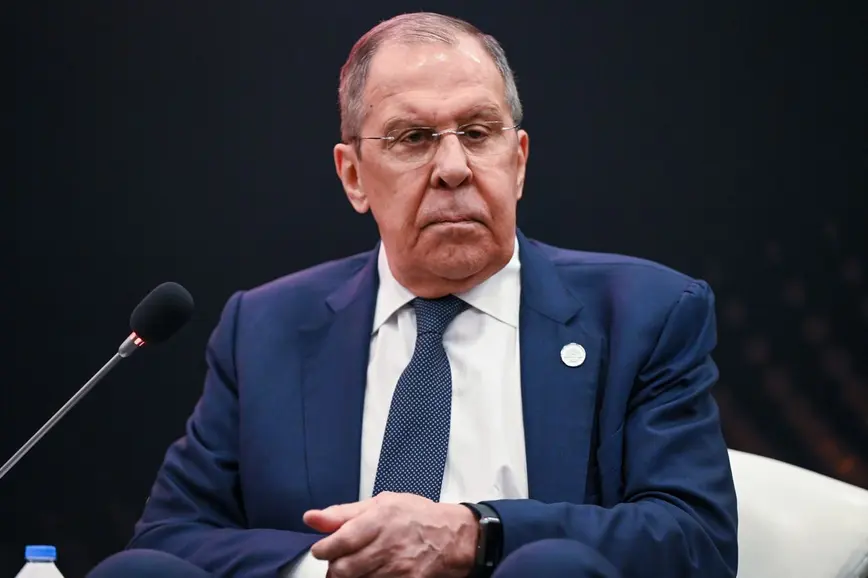
Russia abandons missile deployment moratorium
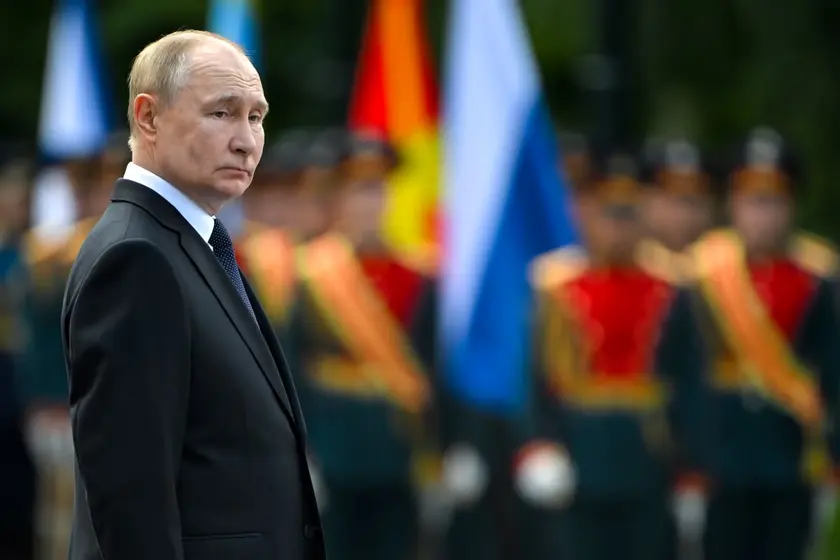
Russia ends missile treaty limits

Putin's ceasefire demands test Western unity
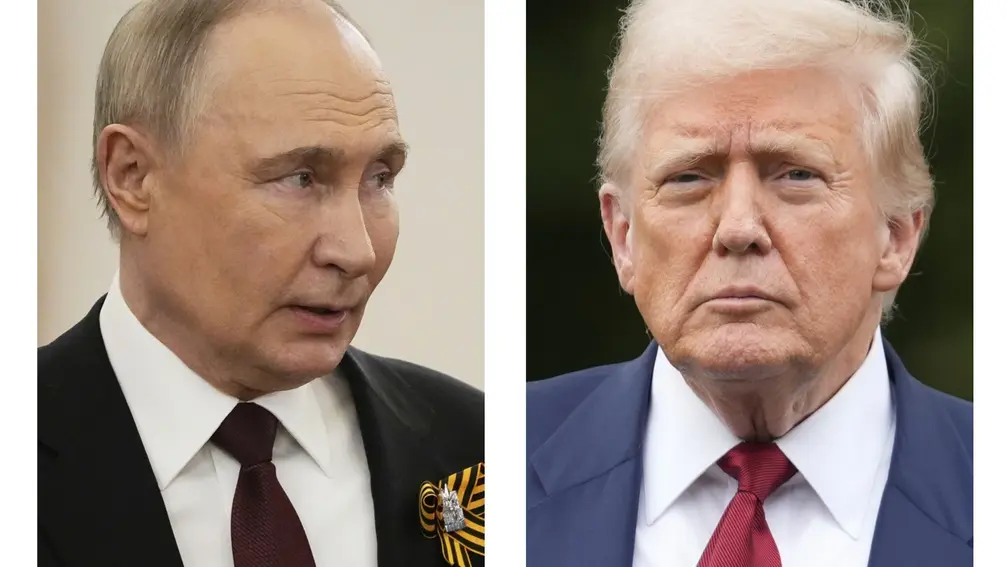
Russia holds firm ahead of Putin Trump summit
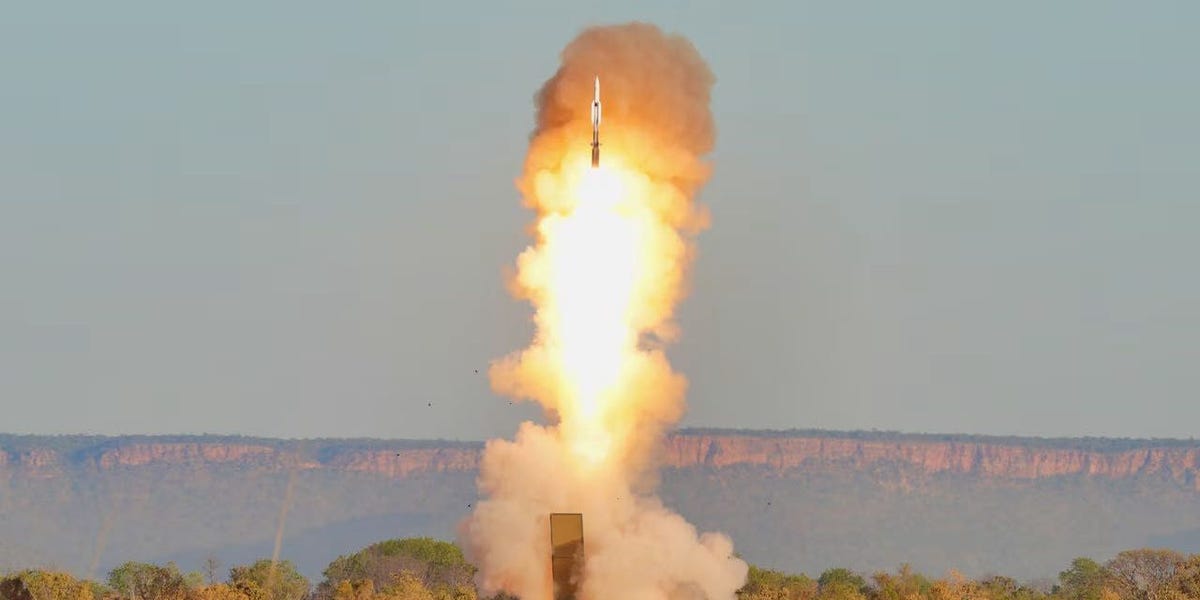
US Army fires missile system in Pacific

Kremlin presses Donetsk surrender in ceasefire offer
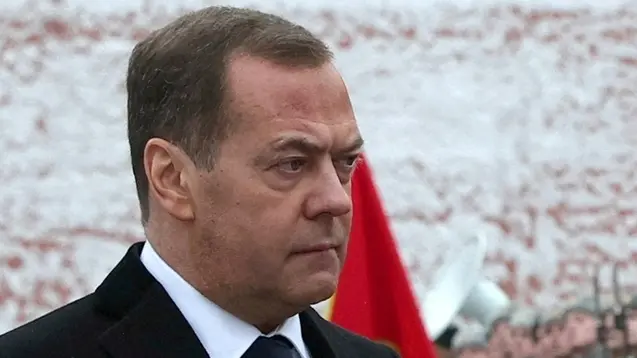
Russia abandons nuclear pact with the US
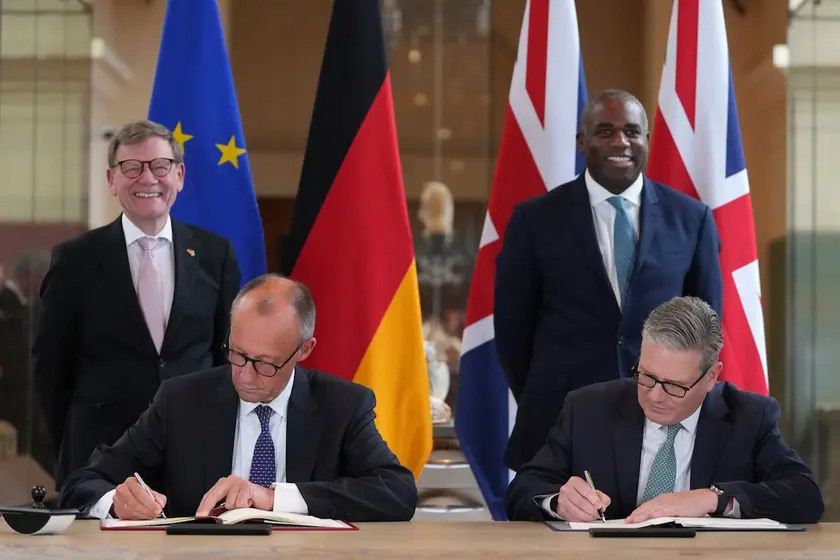
Germany and UK sign defense pact amid Russian threats
